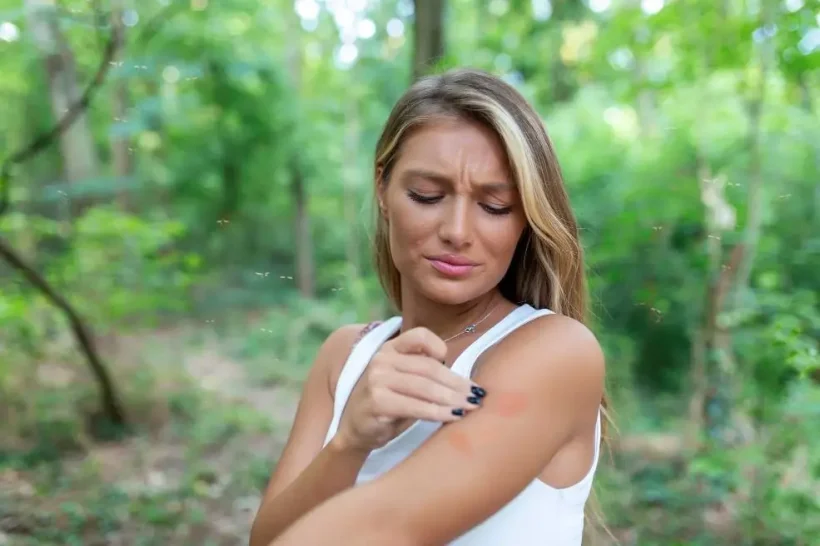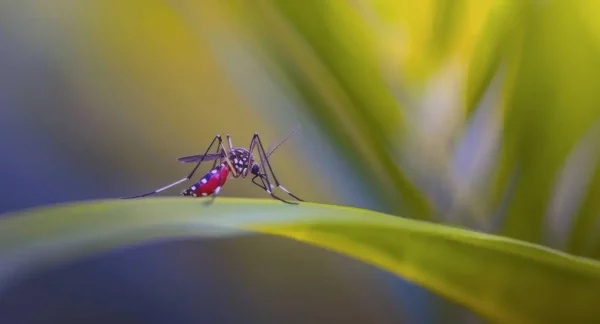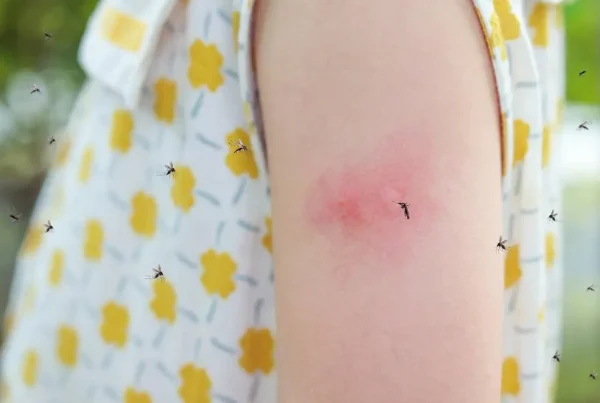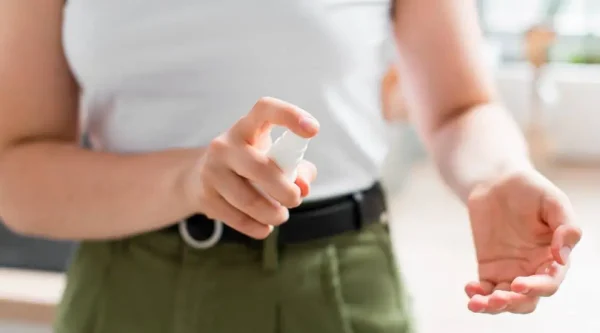Why Mosquitoes Bite Some People More Than Others
Warning: Undefined variable $post in /home/energypo/domains/dietoflife.com/public_html/wp-content/plugins/code-snippets/php/snippet-ops.php(663) : eval()'d code on line 3
Warning: Attempt to read property "ID" on null in /home/energypo/domains/dietoflife.com/public_html/wp-content/plugins/code-snippets/php/snippet-ops.php(663) : eval()'d code on line 3
The estimated reading time is 5 minutes
Warning: Undefined variable $post in /home/energypo/domains/dietoflife.com/public_html/wp-content/plugins/oxygen/component-framework/components/classes/code-block.class.php(115) : eval()'d code on line 3
Warning: Attempt to read property "ID" on null in /home/energypo/domains/dietoflife.com/public_html/wp-content/plugins/oxygen/component-framework/components/classes/code-block.class.php(115) : eval()'d code on line 3

You’re sitting outside on a warm evening, trying to enjoy the night, when you feel that familiar sting on your arm… and then another on your ankle. You look around and realize you’re the only one slapping at your skin. Turns out, mosquitoes really do have favorites.
Science has been digging into why these little opportunists choose some over others, and the answers are both fascinating and, in some cases, completely out of your control. The good news is that you can still tip the odds in your favor and avoid becoming the main course.
Your Breath Puts You on the Menu
Mosquitoes are wired to find the carbon dioxide you exhale. The harder you breathe, the more of it you put into the air, making you easier to track. That’s why an evening jog, a quick game of frisbee, or even carrying heavy bags to the car can turn you into a moving beacon. People with conditions that affect breathing, such as asthma, or those who are pregnant may also notice they’re bitten more often.
Sweat Makes You Sweeter
Your sweat isn’t just salt and water—it contains lactic acid, which mosquitoes can detect from a surprising distance. The more you perspire, the more appealing you become. Studies suggest that older sweat, the kind that lingers on skin and clothes after hours without a shower, is especially attractive. After a full day hiking, gardening, or just working up a sweat in the yard, you’re basically ringing the dinner bell.
A Drink Can Seal Your Fate
A 2002 study found that even a single alcoholic drink can make you more appealing to mosquitoes. The ethanol in your blood and sweat changes your scent, and the shift is enough for them to take notice. That evening glass of wine by the fire? Mosquitoes see it as a VIP invite.
Your Skin’s Microbiome Plays a Role
The human body carries a mix of bacteria on its surface, and that microbiome can either lure mosquitoes in or push them away. Some bacteria produce scents that these insects find irresistible. A 2011 study found that people with higher bacterial diversity on their skin, particularly Staphylococcus species, were more likely to get bitten. On the other hand, certain bacteria, like Pseudomonas aeruginosa, seem to make you less appealing. The researchers tested feet specifically, so if you’ve got a case of stubborn foot odor, you might be wearing an invisible “all-you-can-eat” sign.
Your Blood Type Might Give You Away
One study revealed that mosquitoes land more often on people with Type O blood, with Type A following close behind. Types B and AB don’t seem to be as much of a draw. The exact reason for this preference is still unknown, but it’s clear your blood type could be one of the hidden factors in how often you’re bitten.
Reducing Your Appeal to Mosquitoes
Most people turn to bug sprays containing DEET to keep mosquitoes away, and while DEET is effective, it’s not without controversy. Some studies have linked frequent, high-concentration exposure to potential neurological effects, including headaches and difficulty concentrating. Health Canada has even set limits on the maximum concentration allowed in consumer repellents. Still, many experts, including the Environmental Working Group, maintain that DEET remains a safe and reliable choice when used properly, especially in areas where mosquito-borne diseases are common.
Want to keep your skin bite-free without smelling like bug spray? Try these plant-based fixes:
- Lemon eucalyptus oil: Mix with a carrier oil (1:10 ratio) and apply to skin. Avoid using before sun exposure.
- Lavender: Grow it in your garden or use diluted lavender essential oil on skin.
- Thyme: Toss fresh thyme leaves into a campfire for a natural barrier, or use thyme oil mixed with carrier oil.
- Citronella candles: Keep them burning nearby, but never unattended.
- Tea tree oil: Apply diluted oil to exposed skin.
Putting It All Together
Mosquitoes aren’t random in their choices. They’re following cues from your breath, skin chemistry, and even your blood type. While you can’t change every factor, small adjustments—like showering after activity, skipping that pre-sunset drink, or using natural repellents—can make a real difference.
Summer evenings don’t have to end in a scratching session. Understanding what draws mosquitoes to you is the first step in breaking the pattern. And once you know, you can enjoy the outdoors on your own terms, not theirs.
If mosquitoes seem to find you no matter where you are, share your go-to trick for keeping them away in the comments — and send this to the friend who always ends up covered in bites.
Sources:
Centers for Disease Control and Prevention (CDC). (2022). Preventing mosquito bites: Guidelines and recommendations.
Verhulst, N. O., et al. (2011). Composition of human skin microbiota affects attractiveness to mosquitoes. PLOS ONE.
Shirai, O., et al. (2002). Alcohol ingestion stimulates mosquito attraction. Journal of the American Mosquito Control Association.
American Journal of Tropical Medicine and Hygiene. (2013). Lactic acid as a mosquito attractant in human sweat.
Shimada, M., et al. (2004). Blood group influence on mosquito attraction. Journal of Medical Entomology.















